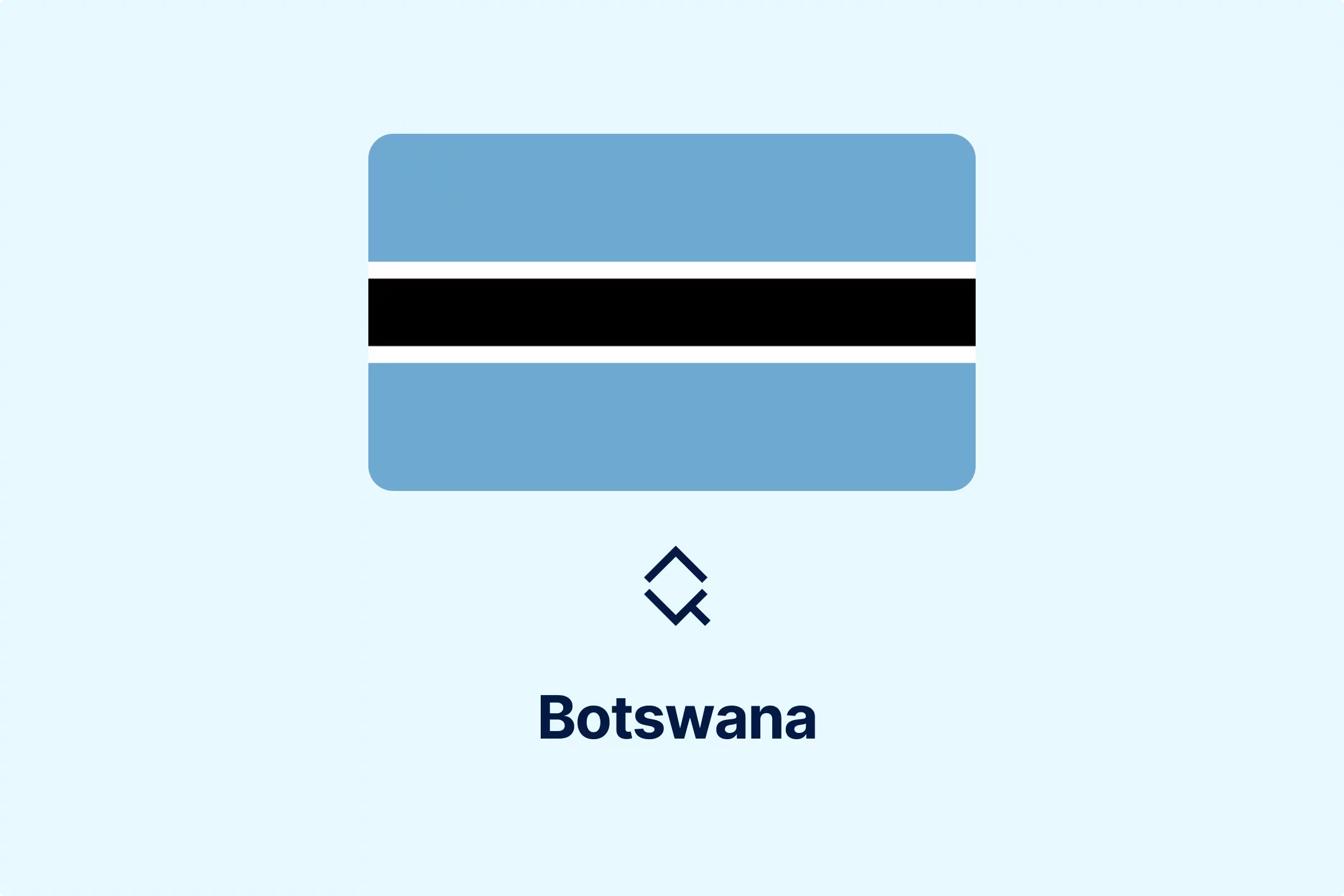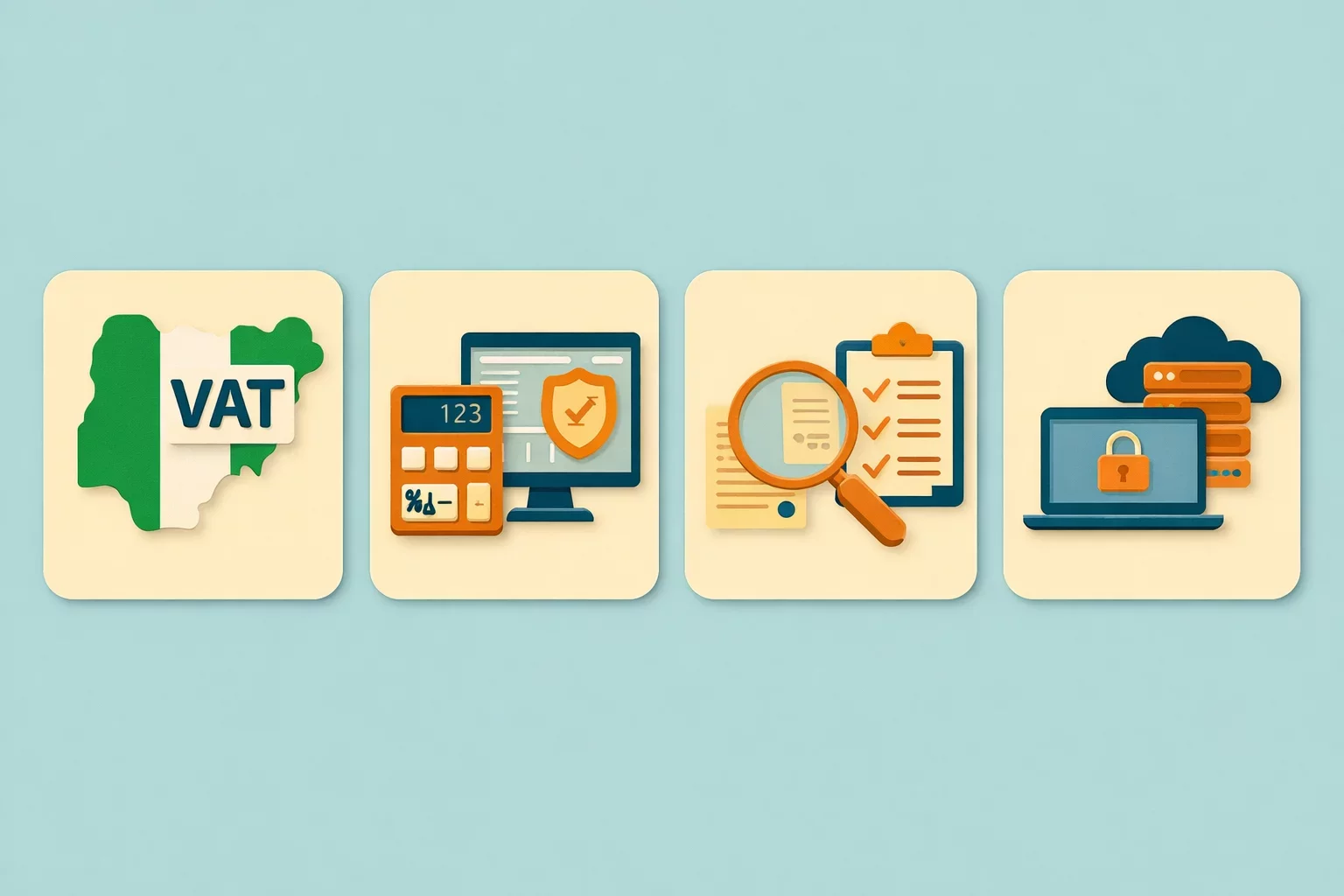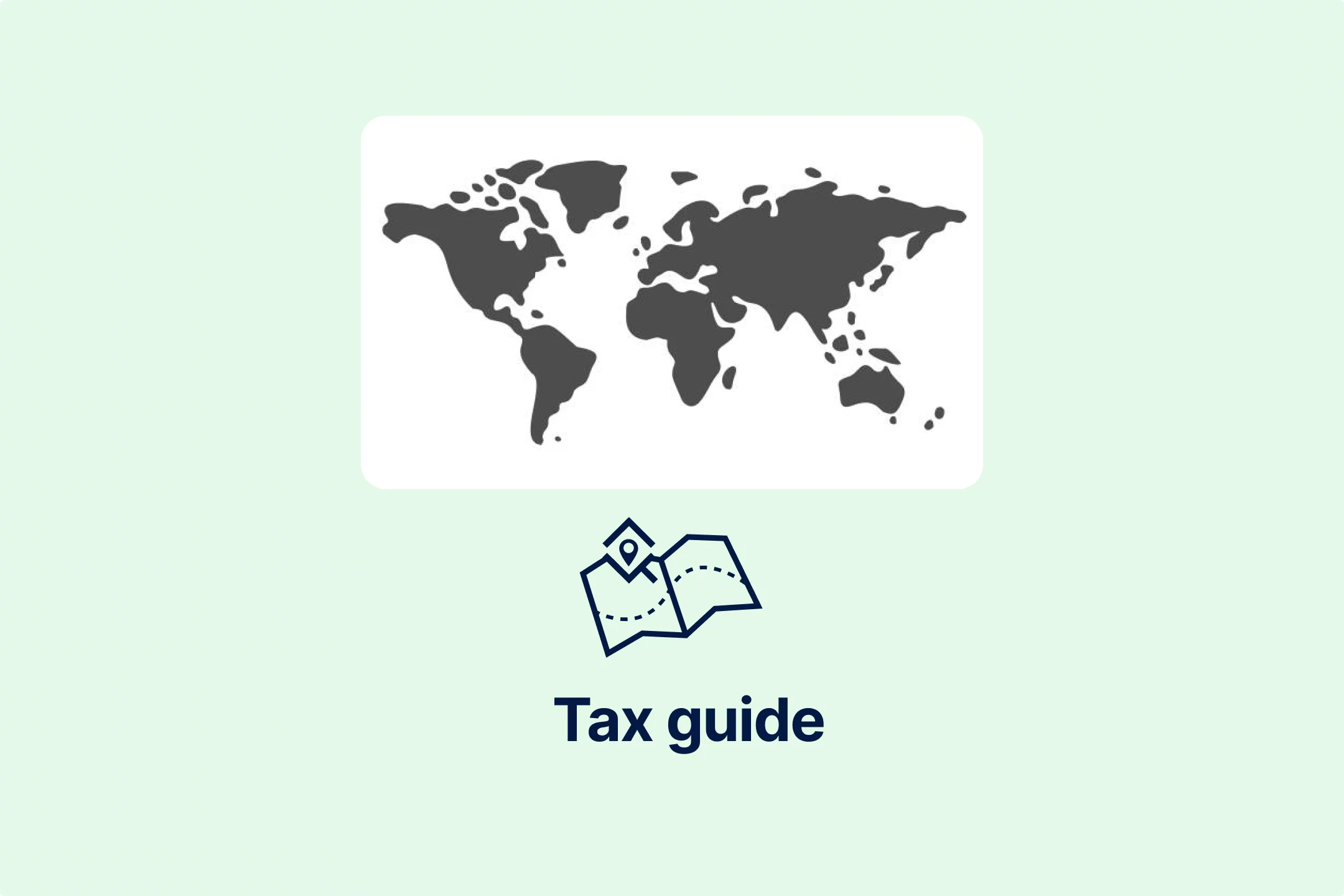Botswana VAT Amendments Target Digital Services

Earlier this year, the Botswana Minister of Finance announced, as part of the Budget Speech, measures to simplify and modernize the VAT system, including a proposal to broaden the tax base and impose VAT on the digital sales of goods and services by foreign service providers to local consumers. Following that announcement, the Botswana government published amendments to the VAT Law, which further contribute to the implementation of the announced measures.
Key VAT Amendments
The latest amendments to the VAT Law include the introduction of new terms, such as remote services, electronic fiscal devices, fiscal receipt, electronic marketplace, and several other definitions. Additionally, the amendments establish rules for the application of the reverse charge mechanism, whereby a VAT liability is shifted to the recipient of remote services in cases where the recipient is a registered taxable person, a large unregistered person, or a Government entity.
Under the amended VAT rules, remote services are defined as those supplied locally when they are physically performed in the country, connected to immovable property within the country, or provided to a recipient who is resident there, with residency determined by factors such as billing address, IP, SIM information, or banking details.
Also, suppose the service relates to inbound tourism, such as accommodation, meals, transportation, tours, or other activities, or involves agency and booking services tied to tourism. In that case, it is considered a remote service. If a telecommunications service is used exclusively in Botswana or supplied to a resident user based on SIM registration, it is regarded as a remote service.
Regarding electronic marketplace operators, amended VAT rules state that they may be liable for VAT on the facilitation of remote services, as they are deemed to be the supplier. However, this does not apply if the actual underlying supplier is already VAT-registered. VAT amendments also set a registration threshold for non-resident suppliers of remote services at P 500,000 (approximately USD 37,500) in annual supplies. Furthermore, new VAT rules allow remote service suppliers to report and pay VAT in USD, EUR, GBP, or other approved currencies.
Conclusion
Although the VAT amendments have been published, the effective date has not been defined. Therefore, the implementation of these rules remains unclear, as it is unclear when they will come into effect. Nevertheless, from the steps taken by the Botswana government, there is no doubt that they are working toward the implementation of VAT rules on digital services from foreign providers.
Therefore, taxable persons providing these services to local consumers should continue to monitor the situation's further developments and prepare their business operations accordingly.

Featured Insights

Nigeria VAT Compliance: TaxPro Max Explained
🕝 March 3, 2026More News from Botswana
Get real-time updates and developments from around the world, keeping you informed and prepared.
-e9lcpxl5nq.webp)





